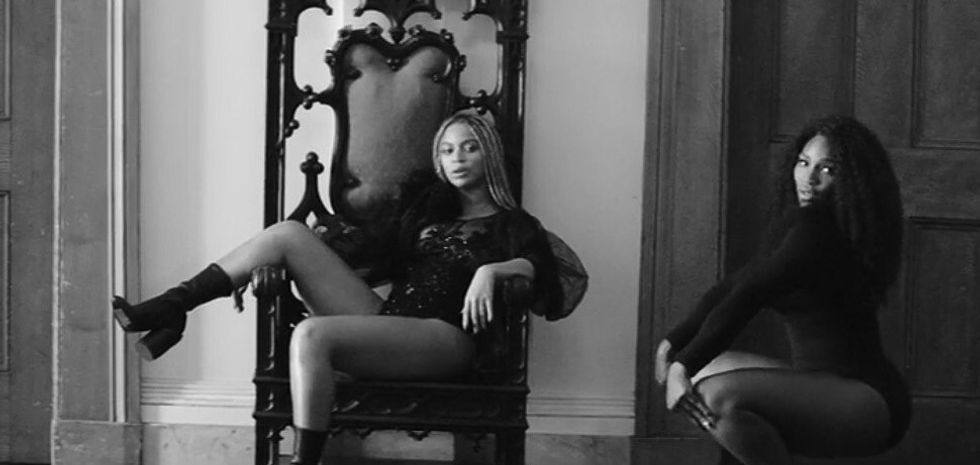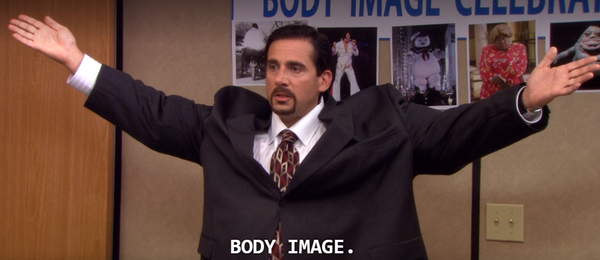On April 23, Beyoncé once again took the whole world by storm with the release of not only her album "Lemonade," but a visual performance to accompany each song. However, the content had fans and casual listeners abuzz.
In her visual album, it was apparent that Beyoncé was alluding to her rap mogul husband, Jay-Z, cheating on her. The internet has gone crazy trying to figure out who he cheated with, but even though Lemonade was the most legendary call out in history, there’s a much larger and revolutionary theme running throughout.
With the year’s earlier release of Formation, it’s no secret that Beyoncé is no stranger to promoting the empowerment of her people through her music. However, in the visual presentation of Lemonade it is obvious that Beyoncé is calling for the empowerment of a very specific group.
Beyoncé calls for the empowerment of black woman.
In the third song of the album, “Don’t Hurt Yourself," a legendary voice over from civil rights activist, Malcom X is presented along with footage of everyday black woman. Malcom X is heard saying, “The most disrespected woman in America, is the black woman. The most un-protected person in America is the black woman. The most neglected person in America, is the black woman.”
The song proceeding it, “Sorry," an unapologetic ballad of showing strength after pain, features all-star tennis player Serena Williams who has been criticized about her dark skin, muscular physique and everything in between. It also features beautiful black girls in afro-centric body paint dancing care freely with Beyoncé.
Beyoncé even pulls in well-known black and proud woman and girls such as Amandla Sternberg and Zendaya and Canadian model with a vitiligo skin condition Winnie Harlow is portrayed as the stunning black beauty she is. From young African American child model with albinism, Ava Clark to 93 year old cooking legend, Leah Chase, Lemonade featured them all with grace, beauty, strength and poise.
However, the highlight of the whole thing was the appearances of black woman holding pictures of family members who fell victim to police violence. Perhaps the most powerful moment of all was when the mother of Michael Brown shed tears for her fallen son.
Even the poetry that provides a chilling transition to each song was adapted from the poetry of a talented female Somalian poet, Warsan Shire. Her name is one of the first names to appear in the credits.
Lemonade may be calling out Jay-Z but there is something much bigger she is undoubtedly calling for. From the demand of respect for black sex workers in her song “6 Inch” to the heart wrenching ballad that is “Sandcastles," she calls out for the black woman.
She calls for the respect of black women. She calls for the acknowledgement of our pain and strength. She calls for the recognition of everyone one of us despite our skin, our hair type, our bodies or where we come or what society tells us we are.
Lemonade is making waves as a diss, but there’s something so much bigger everyone is missing. Lemonade is a reminder to everyone that it’s time the black women was given the pedestal they deserve.


























